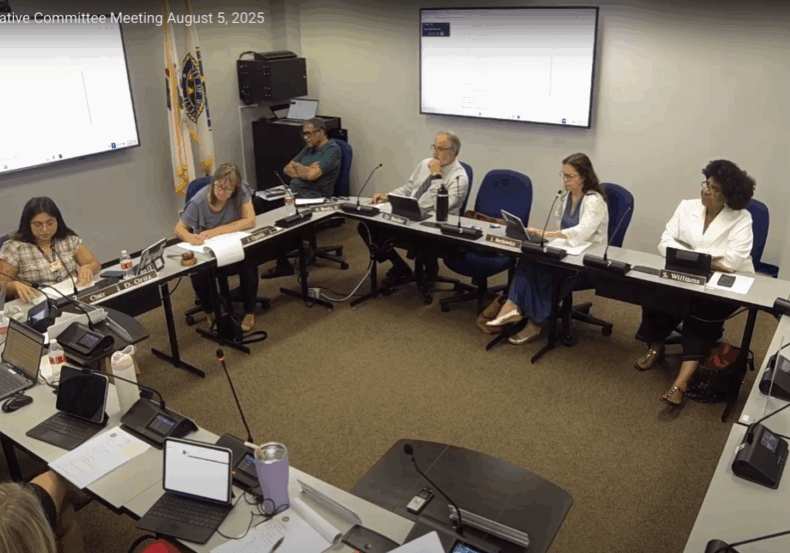
Will County Forges 2026 Federal Agenda Amid D.C. Policy Shifts, ‘Big Beautiful Bill’ Impacts
ARTICLE SUMMARY: The Will County Board’s Legislative Committee is reshaping its federal priorities for 2026, adding new language on environmental justice and LGBTQIA+ rights while creating a more transparent process for future amendments. The updates come as the county grapples with the local budget implications of major federal legislation, including the recently passed “One Big Beautiful Bill Act.”
Will County Leglislative Committee Meeting Key Points:
-
The committee is debating its FY2026 Federal Legislative Agenda, with proposed additions focusing on racial equity, environmental justice, and protections for LGBTQIA+ residents.
-
A new, more transparent process was adopted for amending the agenda, requiring all proposed changes to be submitted to staff for committee review as standalone items.
-
Lobbyists reported that President Trump’s “One Big Beautiful Bill Act” and other federal budget cuts could create a significant hole in the state budget, impacting local health and transit funding.
-
A specific amendment to prioritize solar and wind energy drew opposition from a member who cited ongoing county litigation against such projects.
JOLIET, IL – The Will County Board’s Legislative Committee took steps Tuesday to formalize its 2026 federal priorities, debating new language on social and environmental equity while simultaneously navigating the downstream effects of major policy shifts in Washington D.C. The discussion included a review of proposed changes to the county’s federal agenda and the establishment of a new, more transparent process for making future amendments.
The debate comes as lobbyists for the county warned of potential fiscal challenges stemming from President Trump’s recently signed “One Big Beautiful Bill Act,” a reconciliation package that state officials believe could blow a billion-dollar hole in Illinois’ budget.
Committee Chair Destinee Ortiz (D-Romeoville) guided the committee through a discussion of the federal agenda, a document that outlines the county’s priorities for federal funding and policy. Proposed updates to the document, known as the “redline version,” include new language supporting federal funding for LGBTQIA+ health services, expanded environmental justice grants, and incorporating racial equity impact statements into federal funding decisions.
The process of creating the agenda itself became a key topic of conversation. After some confusion over tracking changes submitted directly to the county’s lobbyists, the committee agreed to a new procedure. Going forward, members will submit proposed additions or changes as standalone paragraphs to the County Board Chief of Staff and the committee chair. These items will then be presented to the full committee for discussion and approval before being incorporated into the official document.
“That way they’ll control the document, but we’ll control what’s going into that,” the chief of staff explained.
One proposed amendment drew immediate debate. An addition to the “Renewable Fuel Standard” section stated the county supports federal policies that “prioritize solar, wind, energy storage, microgrids, and frontline community resilience.”
Committee member Daniel J. Butler (R-Frankfort) requested the language be struck. “We’re fighting in court to prevent that from happening,” Butler said, referring to county-level conflicts over renewable energy projects. “So I don’t think we should put it in our agenda to prioritize it. It’s like we’re sending two different messages.”
The committee will take up Butler’s request and other proposed changes for a formal vote in November.
The local-level debate was set against a backdrop of significant federal activity. John Bear, a representative from the county’s federal lobbying firm Smith Garson, updated the committee on the passage of the president’s reconciliation bill and ongoing, contentious negotiations over the Fiscal Year 2026 budget.
“There’s disagreements about the president’s plans for cuts to social spending,” Bear said, warning that a failure to reach a deal when Congress returns in September could lead to a government shutdown.
The state’s lobbyist, a representative from Mac Strategies, echoed those concerns, noting that the federal cuts directly impact Illinois. She told the committee that Springfield is grappling with how to fill a budget shortfall that could reach $1 billion or more, affecting everything from Medicaid reimbursements to public health grants and transit funding.
In response to the complexity of the issues, Ortiz made a formal request for more detailed reporting from both lobbying firms. She asked that future updates include specifics on who the lobbyists are meeting with and what progress is being made on the county’s agenda items.
“I believe that having this level of detail would make our partnership with the lobbyist more transparent and effective for everyone,” Ortiz said.
–
Latest News Stories
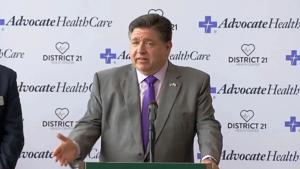
Illinois quick hits: WARN Act reporting shows 1,600 job losses in October
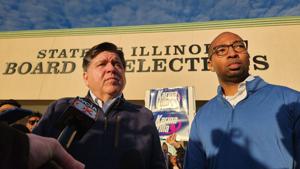
Pritzker, alders oppose Chicago tax plans, property tax hike could be next

Boeing to pay $36M to family of Indian woman killed in Ethiopia Air crash

WATCH: Lawmakers call out Pritzker for lack of transparency with budget cuts

IL congressman pushes military to accept CLT, experts say it could shape education
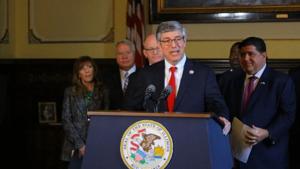
Illinois, Chicago residents rank high taxes as state’s top issue

Illinois quick hits: Illinois House members vote along party lines; More than 40% of CPS teachers missed 10 or more school days; State Treasurer says Bright Start earns gold

New Lenox Solar Farm Gains County Committee Approval with Conditions
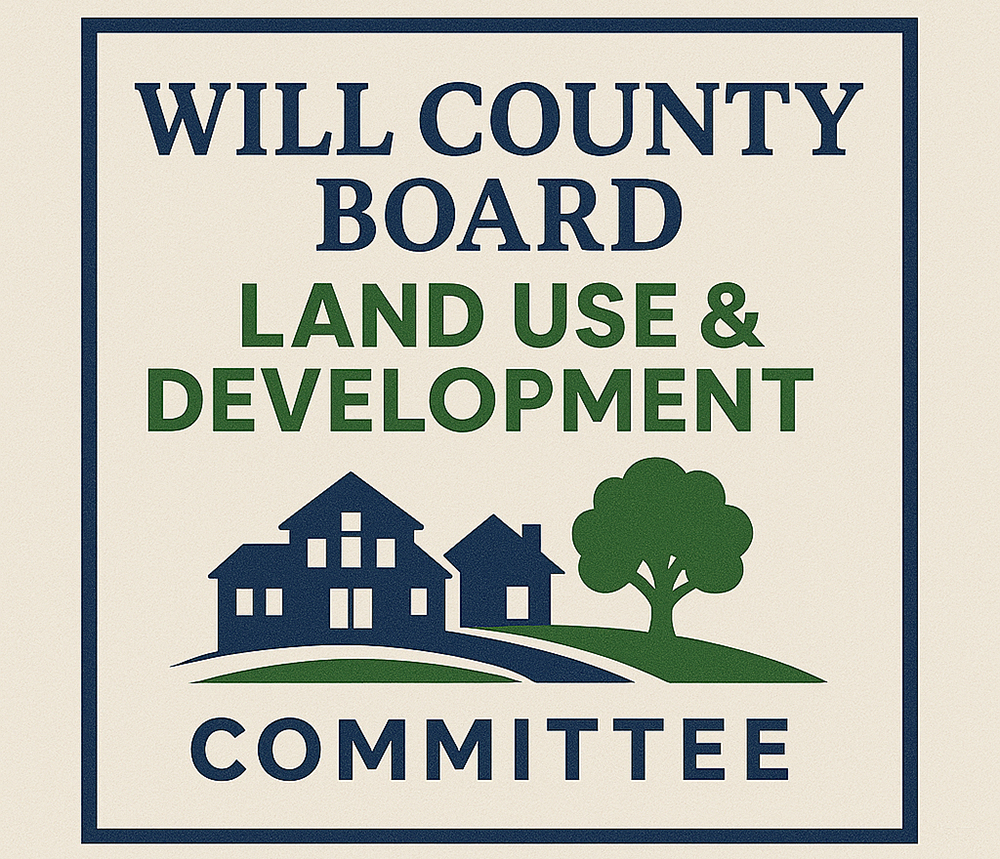
Committee Approves Frankfort Township Gaming Bar on Split Vote
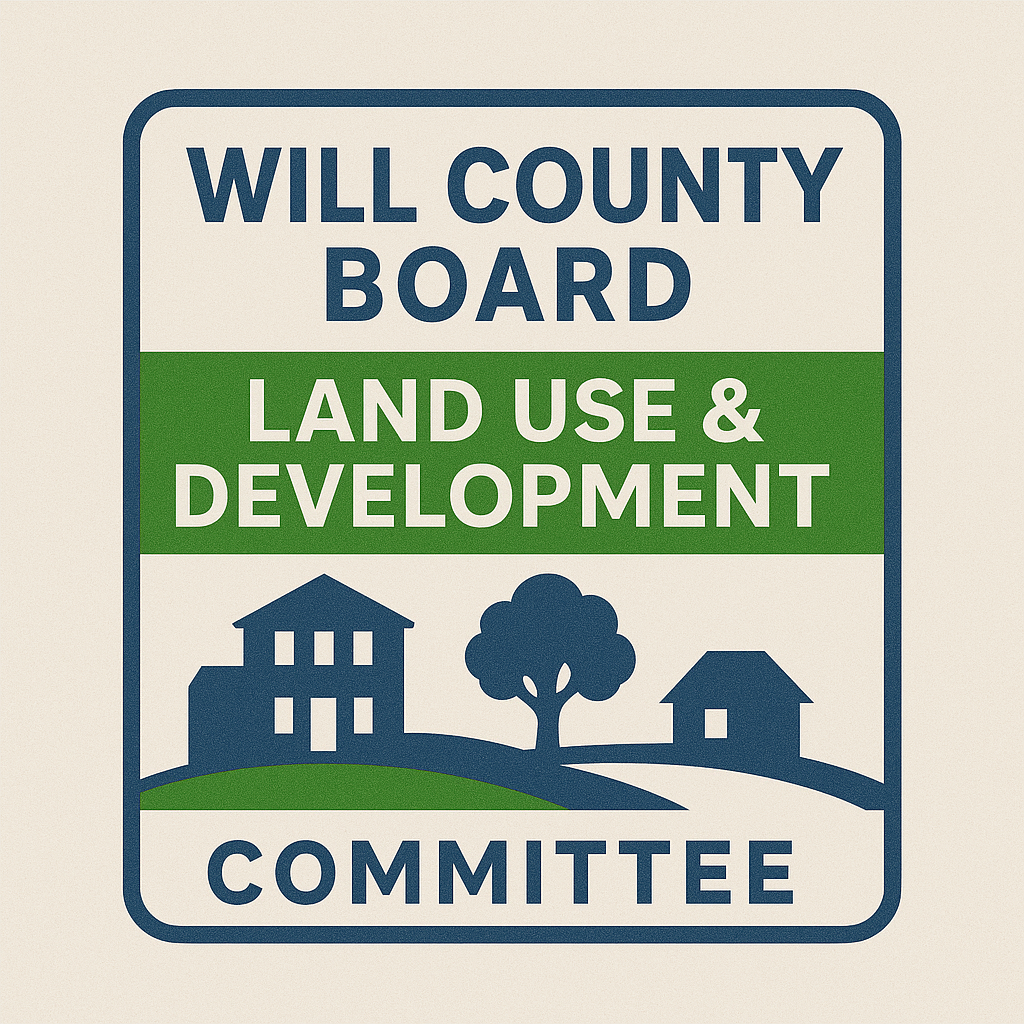
Crete Township Senior Group Home Gets Unanimous Committee Support
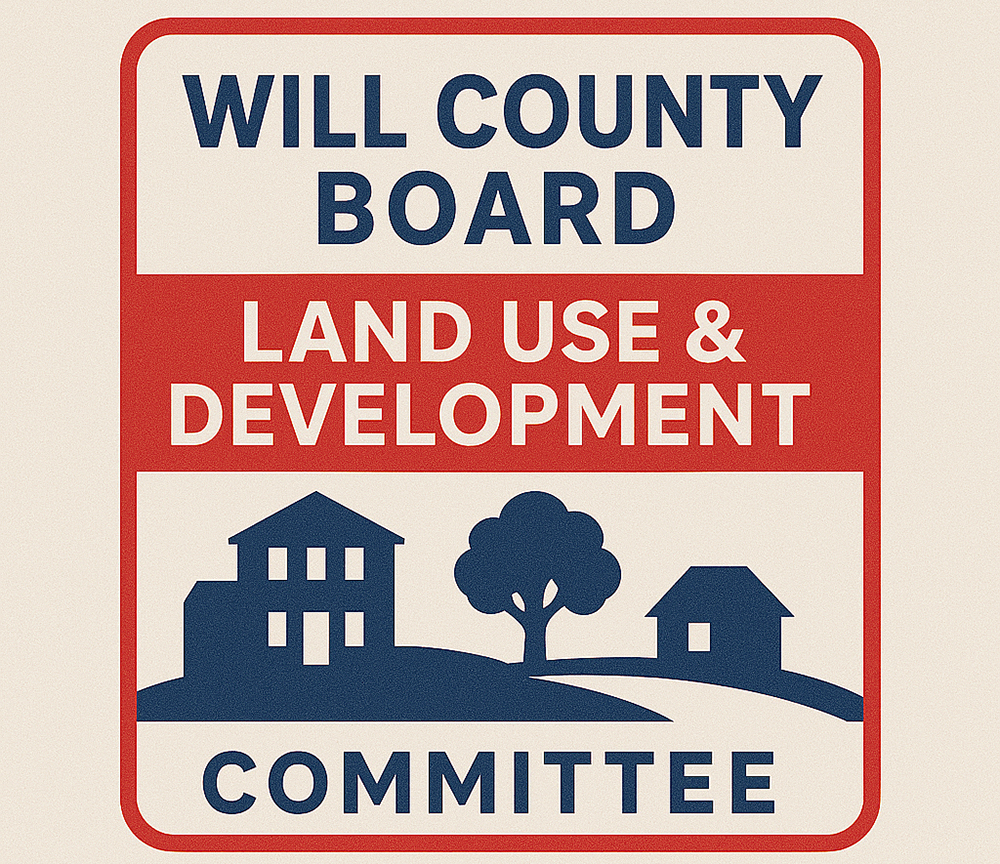
Beecher-Area Rezoning and Variances Approved to Legalize Structure
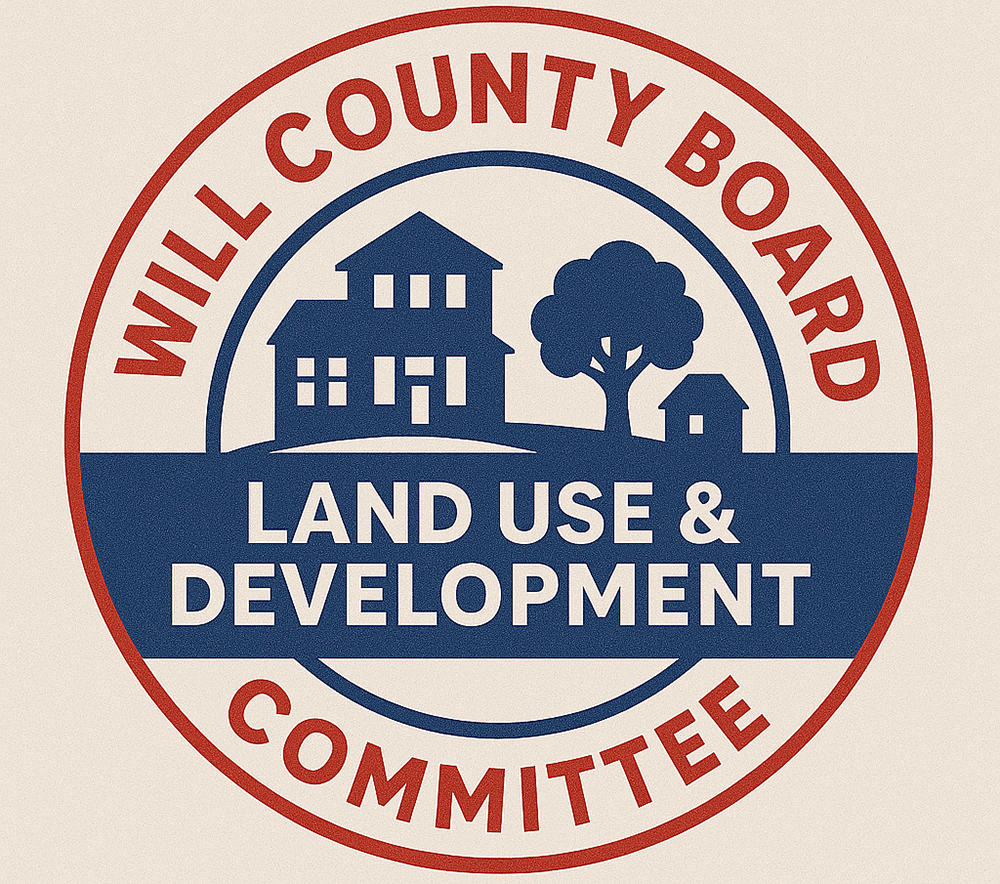
Committee Approves Wilton Township Land Division Despite Spot Zoning Concerns


